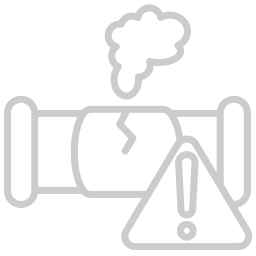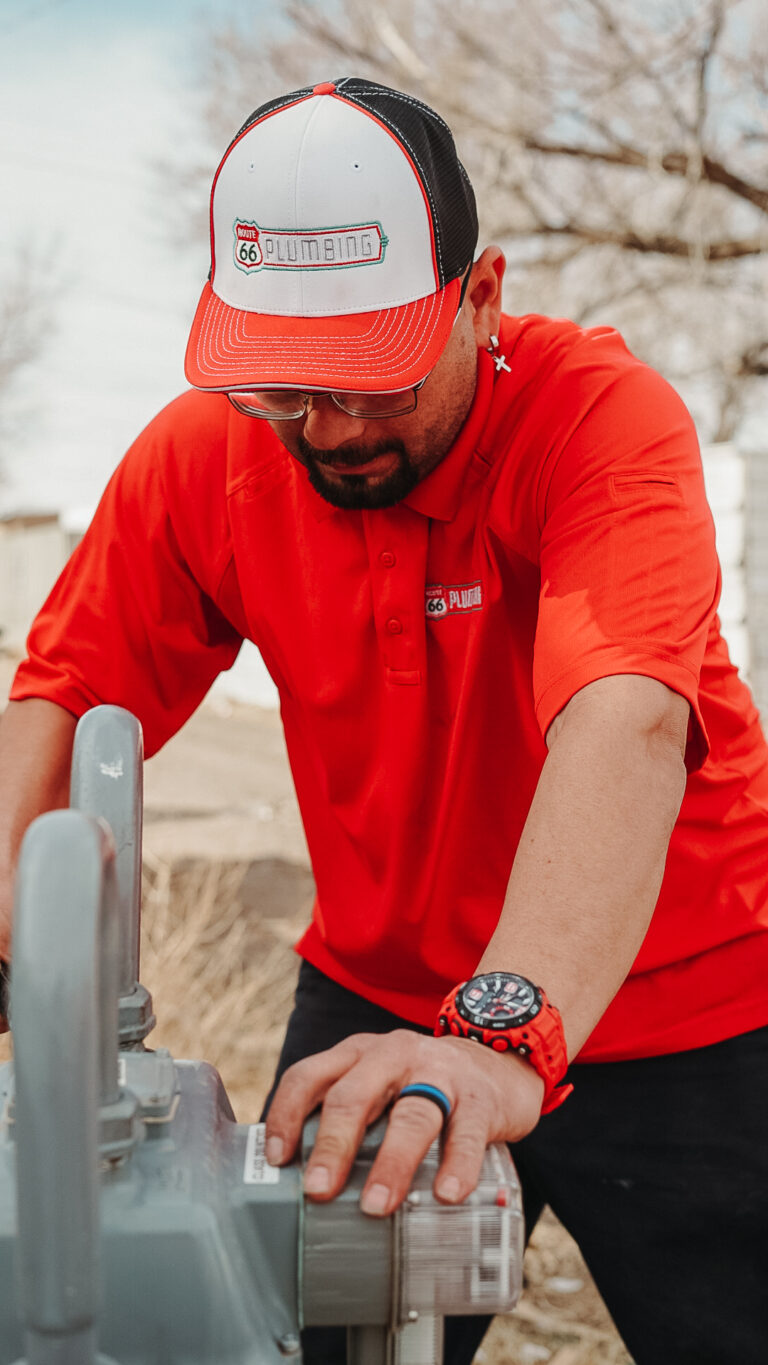Gas Leak Emergency Immediate Steps to Take
Gas leaks are serious emergencies that can pose significant risks to health, safety, and property. Natural gas, while a common and useful energy source, is highly flammable and can lead to explosions, fires, and asphyxiation if not handled properly. Knowing what to do in the event of a gas leak can save lives and prevent extensive damage. This comprehensive guide will walk you through the immediate steps for gas leaks to take if you suspect a gas leak in your home or workplace.
Recognizing a Gas Leak
The first step in dealing with a gas leak is recognizing the signs. Natural gas is odorless, but gas companies add a chemical called mercaptan to give it a distinctive rotten egg smell, making leaks easier to detect. Here are the common indicators of a gas leak:
Smell: A strong odor similar to rotten eggs or sulfur.
Sound: Hissing or whistling noises near gas lines or appliances.
Sight: Dead or dying vegetation around a gas line, dust or debris blowing from a hole in the ground, or visible bubbles in standing water.
Health Symptoms: Physical symptoms like dizziness, headaches, nausea, or difficulty breathing can also indicate a gas leak, especially if these symptoms alleviate upon leaving the area.
Immediate Steps to Take
If you suspect a gas leak, it is crucial to act quickly and decisively. Here are the immediate steps to take:
Evacuate the Area
Your first priority should be to get everyone out of the house or building immediately. Avoid using any electrical devices, including light switches, phones, and computers, as these can create sparks that might ignite the gas. Leave doors open as you exit to help ventilate the area.
Avoid Creating Sparks
In addition to not using electrical devices, avoid doing anything that could create a spark, such as:
Smoking or lighting matches.
Using lighters or starting a car.
Operating any electrical switches or appliances.
Do Not Use Phones Indoors
Do not use landline phones or cell phones inside the house or building. Make emergency calls only once you are at a safe distance from the potential gas leak.
Shut Off the Gas Supply
If it is safe to do so, locate your gas meter and turn off the gas supply. This is usually done by rotating the gas shut-off valve a quarter turn until it is perpendicular to the pipe. If you are unsure how to do this, do not attempt it; leave it to the professionals.
Call for Help
Once you are at a safe location, call your gas company’s emergency number to report the leak. If you do not have the number, call 911 or your local emergency services. Provide them with your location and any relevant details about the situation.
Do Not Re-enter Until It’s Safe
Do not go back into the house or building until you have been given the all-clear by emergency personnel or the gas company. They will need to inspect the area, locate the source of the leak, and ensure it is safe before you return.
Preventing Gas Leak
While knowing what to do in an emergency is crucial, prevention is equally important. Here are some tips to help prevent gas leaks in your home or workplace:
Regular Inspections
Schedule regular inspections of your gas lines, appliances, and connections by a qualified professional. They can identify and repair potential issues before they become serious problems.
Install Gas Detectors
Consider installing gas detectors in your home, especially near gas appliances and in areas where leaks might go unnoticed. These devices can provide early warning of a gas leak, allowing you to take action before the situation becomes dangerous.
Proper Ventilation
Ensure that all gas appliances are properly ventilated to the outside. This includes ovens, furnaces, water heaters, and any other devices that use natural gas.
Safe Appliance Use
Use gas appliances according to the manufacturer’s instructions and never attempt to modify or repair them yourself. Always hire a qualified technician for any repairs or maintenance.
Know Your Gas Lines
Familiarize yourself with the location of gas lines both inside and outside your home. This includes knowing where the gas meter is and how to shut off the gas supply in an emergency.
Educate Your Household
Make sure everyone in your household knows the signs of a gas leak and the immediate steps to take if one occurs. Conduct regular safety drills to ensure everyone is prepared.
Responding to Gas Leak Outdoors
While indoor gas leaks are more common, outdoor gas leaks can also occur, especially if there is damage to underground pipelines. If you suspect an outdoor gas leak, here’s what to do:
Stay Away from the Area
Keep a safe distance from the suspected leak area. Do not attempt to locate the source of the leak yourself.
Do Not Create Sparks:
As with indoor leaks, avoid doing anything that could create a spark.
Call for Help:
Contact your gas company or emergency services immediately. Provide them with clear details about the location and any visible signs of the leak.
Alert Neighbors:
If you are in a residential area, inform your neighbors about the potential leak so they can take appropriate precautions.
Handling Gas Leak in Vehicles
Gas leaks can also occur in vehicles, particularly those that use compressed natural gas (CNG) or propane. Here’s what to do if you suspect a gas leak in your vehicle:
Turn Off the Engine: Safely pull over and turn off the engine immediately.
Evacuate the Vehicle: Get everyone out of the vehicle and move to a safe distance.
Avoid Sparks: Do not use electronic devices or create sparks near the vehicle.
Call for Help: Contact emergency services and inform them of the situation.
Understanding the Risks
It’s important to understand the potential risks associated with gas leaks:
Fire and Explosion: Natural gas is highly flammable. A small spark can ignite the gas, leading to fires or explosions.
Asphyxiation: Inhaling high concentrations of natural gas can displace oxygen in the air, leading to asphyxiation.
Health Issues: Prolonged exposure to natural gas can cause health problems such as headaches, dizziness, nausea, and respiratory issues.
Conclusion:
Gas leaks are emergencies that require immediate and decisive action. By recognizing the signs of a gas leak and knowing the steps to take, you can protect yourself, your loved ones, and your property. Prevention is also key—regular maintenance, proper use of gas appliances, and educating your household can significantly reduce the risk of a gas leak. Stay prepared, stay safe, and always act swiftly if you suspect a gas leak.







